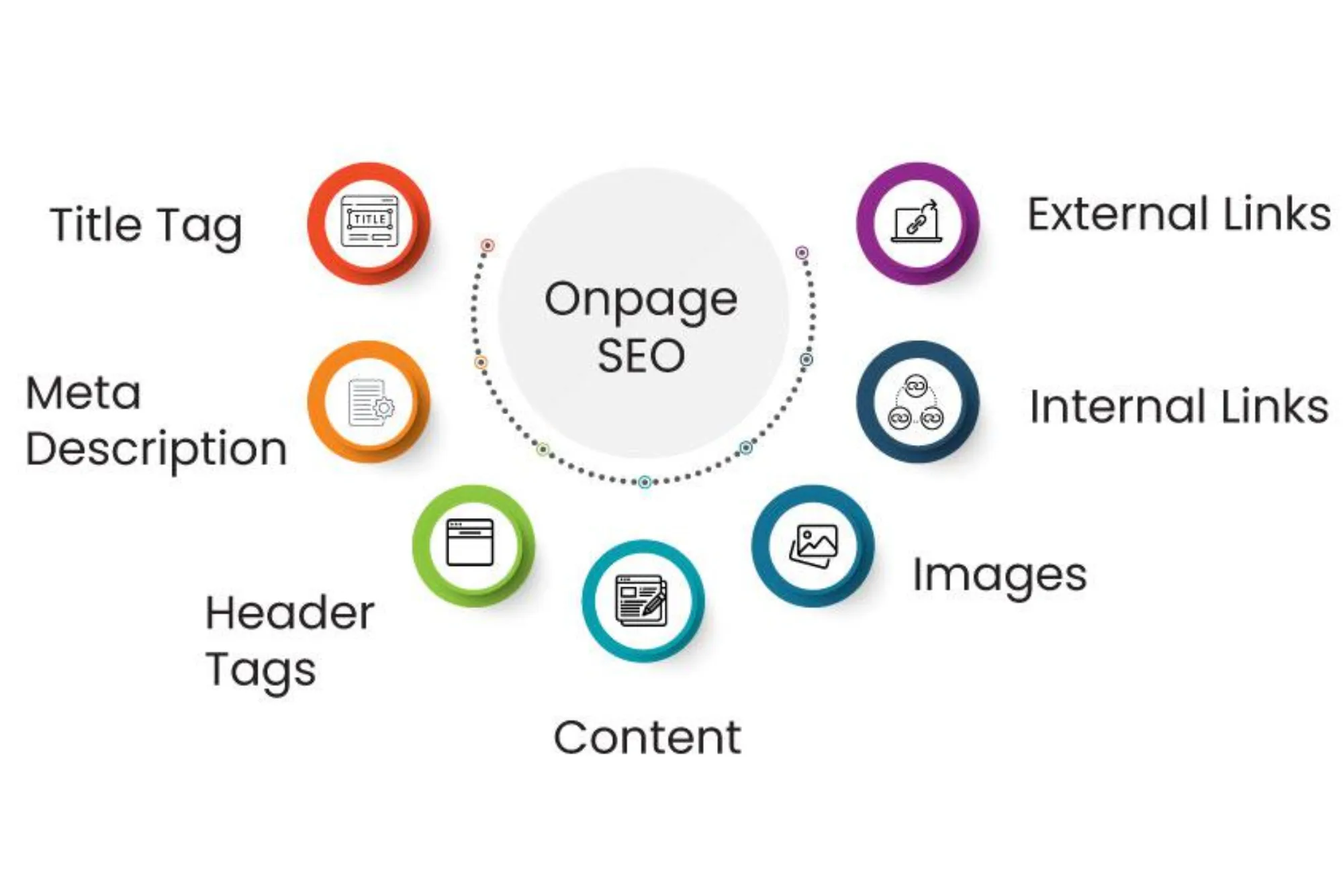The global car industry is a complex web of partnerships, mergers, and acquisitions. Over the years, automakers have forged alliances, bought out competitors, and created sprawling conglomerates. For consumers, it can be confusing to track which brand belongs to which company. In this article, we’ll explore the intricate ownership landscape of the global car industry, shedding light on the major players and their respective portfolios.
Volkswagen Group
The Volkswagen Group is one of the largest automakers in the world. Based in Germany, it owns a wide array of car brands ranging from affordable to ultra-luxury. Over the years, the group has acquired multiple companies to diversify its offerings.
Brands Owned by Volkswagen
Volkswagen The core brand known for producing a wide range of vehicles from hatchbacks to sedans.
Audi A luxury brand specializing in high-performance sedans, SUVs, and sports cars.
Porsche Famous for its sports cars and SUVs, Porsche remains a premier brand in the high-performance market.
Lamborghini Known for its exotic sports cars and ultra-luxury vehicles.
Bugatti A hyper-luxury carmaker producing some of the most expensive and fastest cars in the world.
Bentle A British luxury brand known for its handcrafted, high-end vehicles.
Skoda A Czech brand offering affordable yet reliable cars primarily in Europe.
SEAT A Spanish brand positioned as a sportier, budget-friendly option within the group.
Strategic Insight
Volkswagen’s ownership strategy is built on offering something for every segment of the market, from economy cars to ultra-luxury vehicles.
Toyota Motor Corporation

Toyota is a Japanese car giant and consistently ranks as one of the top automakers by volume. Toyota has been successful in blending affordability with innovation, especially in the hybrid and electric vehicle sectors.
Brands Owned by Toyota
Toyota Known for its reliable, affordable cars and trucks, with a strong presence in hybrids.
Lexus Toyota’s luxury brand, offering high-end vehicles that emphasize performance and comfort.
Daihatsu Specializes in smaller cars, particularly popular in Japan and other Asian markets.
Hino A manufacturer of trucks and buses, primarily focused on commercial vehicles.
Strategic Insight
Toyota’s focus on efficiency and innovation, especially in hybrid and electric technology, has solidified its position as a global leader. The acquisition of smaller brands like Daihatsu allows it to dominate in markets where compact vehicles are preferred.
General Motors (GM)
As one of the “Big Three” American car manufacturers, General Motors has a long history in the automotive industry. GM has undergone various transformations over the years, including shedding brands during tough economic times.
Brands Owned by General Motors
Chevrolet GM’s mainstream brand offering everything from compact cars to trucks and SUVs.
GMC Known for its premium trucks and SUVs.
Cadillac GM’s luxury division, which has been making a comeback with high-performance sedans and SUVs.
Buick Positioned between Chevrolet and Cadillac, Buick offers premium but affordable vehicles.
Holden While the Holden brand was discontinued in 2021, it still remains an important chapter in GM’s history, particularly in Australia.
Strategic Insight
GM focuses on balancing mass-market vehicles with its luxury Cadillac line. The company has also been pushing forward with electric vehicles and autonomous driving technologies.
Ford Motor Company
Ford is another one of the “Big Three” automakers in the United States. The company is well known for its trucks and SUVs, with the F-Series being one of the best-selling vehicles globally.
Brands Owned by Ford
Ford The main brand, known for trucks like the F-150, SUVs, and affordable cars.
Lincoln Ford’s luxury division, offering premium sedans and SUVs.
Strategic Insight
Ford has focused heavily on electric vehicles and autonomous technology. It has a streamlined brand portfolio, focusing on trucks, SUVs, and the luxury Lincoln lineup.
Stellantis (formerly Fiat Chrysler Automobiles and PSA Group)

Stellantis was formed in 2021 through the merger of Fiat Chrysler Automobiles (FCA) and the PSA Group. This merger created one of the world’s largest automakers, with a diverse range of brands.
Brands Owned by Stellantis
Jeep Known for its rugged SUVs and off-road vehicles.
Dodge Famous for its muscle cars and high-performance vehicles.
Chrysler A legacy American brand offering sedans and minivans.
Ram Specializes in trucks and commercial vehicles.
Alfa Romeo An Italian luxury and performance carmaker.
Maserati Produces high-end luxury and performance vehicles.
Peugeot A French brand offering a range of affordable cars.
Citroën Known for quirky, comfortable vehicles.
Opel and Vauxhall Popular in Europe for offering affordable, practical vehicles.
Strategic Insight
Stellantis is focused on leveraging its broad portfolio to compete in both mass-market and premium segments. The merger allows them to pool resources for electric vehicle development and innovation.
BMW Group
BMW Group is a German automaker known for its premium and luxury vehicles. The brand is synonymous with driving performance and advanced engineering.
Brands Owned by BMW
BMW Produces luxury sedans, SUVs, and sports cars.
Mini Known for its small, stylish cars.
Rolls-Royce A British ultra-luxury carmaker famous for handcrafted vehicles that cater to the super-rich.
Strategic Insight
BMW emphasizes luxury, performance, and innovation. Its acquisition of Rolls-Royce allows it to maintain a presence in the ultra-luxury market, while Mini appeals to those looking for a fun, premium small car.
Hyundai Motor Group
Hyundai has grown from a South Korean upstart to a major player in the global auto industry. It also controls Kia and the luxury brand Genesis.
Brands Owned by Hyundai
Hyundai Offers a wide range of vehicles from economy cars to SUVs.
Kia Known for its affordable, stylish vehicles, Kia has become a significant global player.
Genesis Hyundai’s luxury brand, focusing on premium sedans and SUVs.
Strategic Insight
Hyundai’s growth strategy involves offering high-quality vehicles at competitive prices. Genesis allows them to compete in the luxury segment, particularly against German brands.
The car industry is a tangled web of ownership, with many brands belonging to larger conglomerates. Understanding who owns who in the automotive world helps shed light on the strategic alliances and acquisitions that shape the cars we drive. From Volkswagen’s diverse portfolio to Toyota’s technological leadership, the automotive landscape continues to evolve as companies innovate and expand.










